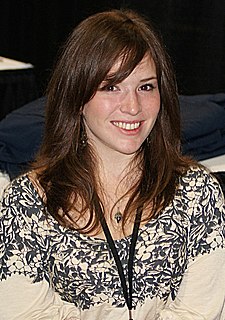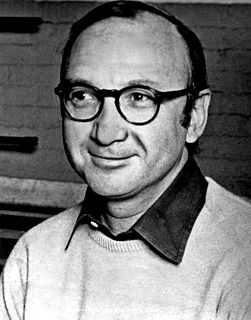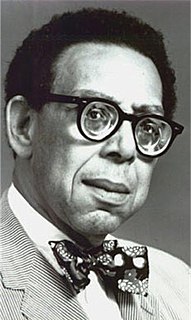A Quote by William Zinsser
Rewriting is the essence of writing well - where the game is won or lost.
Related Quotes
Good writing is writing and rewriting and rewriting and rewriting. Sometimes, it happens to work right away, and that's amazing. But most of the time, it happens to work, and then you rewrite and rewrite and rewrite, and maybe it even comes back to the thing it was in the first place, but then you know for sure that it is good, and it's what you wanted to do.
My books are based on the "what if" principle. "What if you became invisible?" or "What if you did change into your mother for one day?" I then take it from there. Each book takes several months in the long process of writing, rewriting, writing, rewriting, and each has its own set of problems. The one thing I dislike about the writing process is the sometimes-loneliness of it all. Readers only get to see the glamour part of a bound book, not some of the agonizing moments one has while constructing it.
I think I became a better writer after I started writing for the New Yorker. Well, I know I did. And part of it was having my New Yorker editor and part of it is that was when I started really going on tour and reading things in front of an audience 30 times and then going back in the room and rewriting it and reading it and rewriting it. So you really get the rhythm of the sentences down and you really get the flow down and you get rid of stuff that's not important.




































